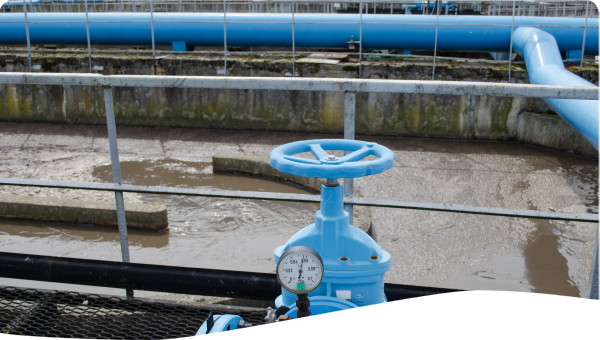An operational definition of water demand management is proposed with five components: (1) reducing the quantity or quality of water required to accomplish a specific task; (2) adjusting the nature of the task so it can be accomplished with less water or lower quality water; (3) reducing losses in movement from source through use to disposal; (4) shifting time of use to off-peak periods; and (5) increasing the ability of the system to operate during droughts. This definition brings out the drivers of water saving and permits the tracking of gains by the source of the saving. It is applicable to nations at different stages of economic development. It also shows how goals of greater water use efficiency are linked to those of equity, environmental protection and public participation. Taken together, these goals make water demand management less a set of techniques than a concept of governance.
Description / Abstract
Publication year
Thematic Tagging
English
 Resource -
Resource -

